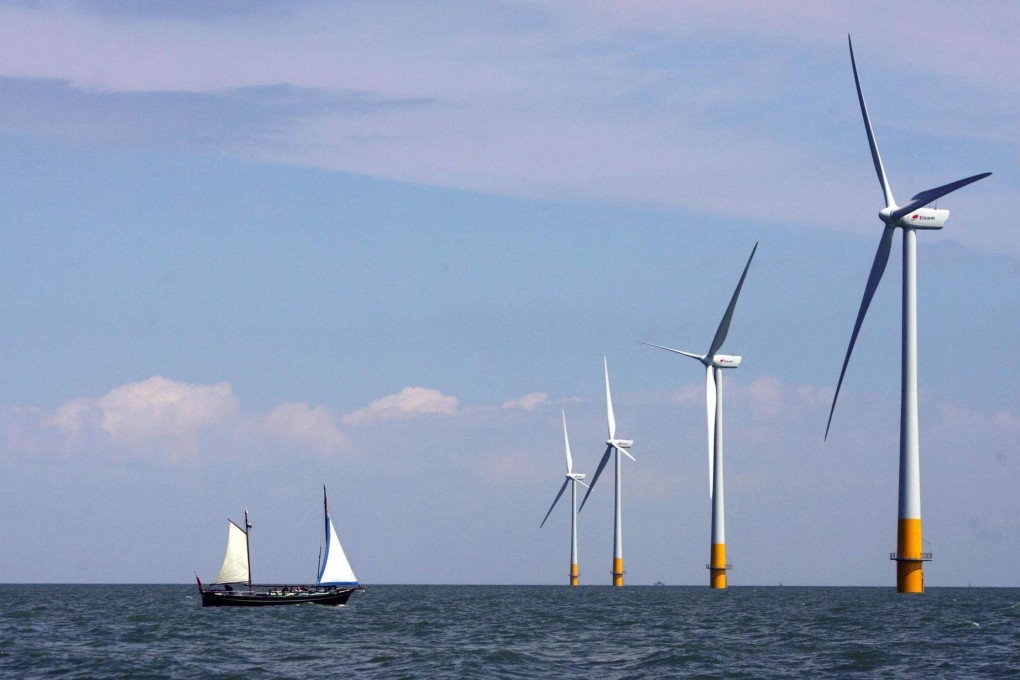UK seeks to extend anti-dumping duties on China-made glass fibre used in turbines, electric vehicles to protect own producers
- UK proposes keeping in place tariffs on China-made filament glass fibre, first imposed in 2017, by another five years under current review
- Boris Johnson’s government is reviewing trade measures that carried over from the days when the UK was part of the European Union

The United Kingdom government said it is proposing to keep in place anti-dumping measures on continuous filament glass fibre from China first put in place five years ago to protect its own manufacturers and industry.
“Glass fibre is a vital component in UK advanced manufacturing, used in wind turbine blades and electric vehicles,” Oliver Griffiths, a TRA spokesman said in a statement. “The provisional findings we are announcing today would protect UK glass fibre producers from unfair international competition.”
The anti-dumping measures were first put in place in 2017, following a decision by the European Commission, with duties as high as 30.2 per cent. British authorities maintained the duties following the UK’s exit from the EU in 2020.
The TRA said it is proposing the anti-dumping measures remain in place for another five years, The agency is conducting a 30-day comment period and will make a final recommendation at a later date.
